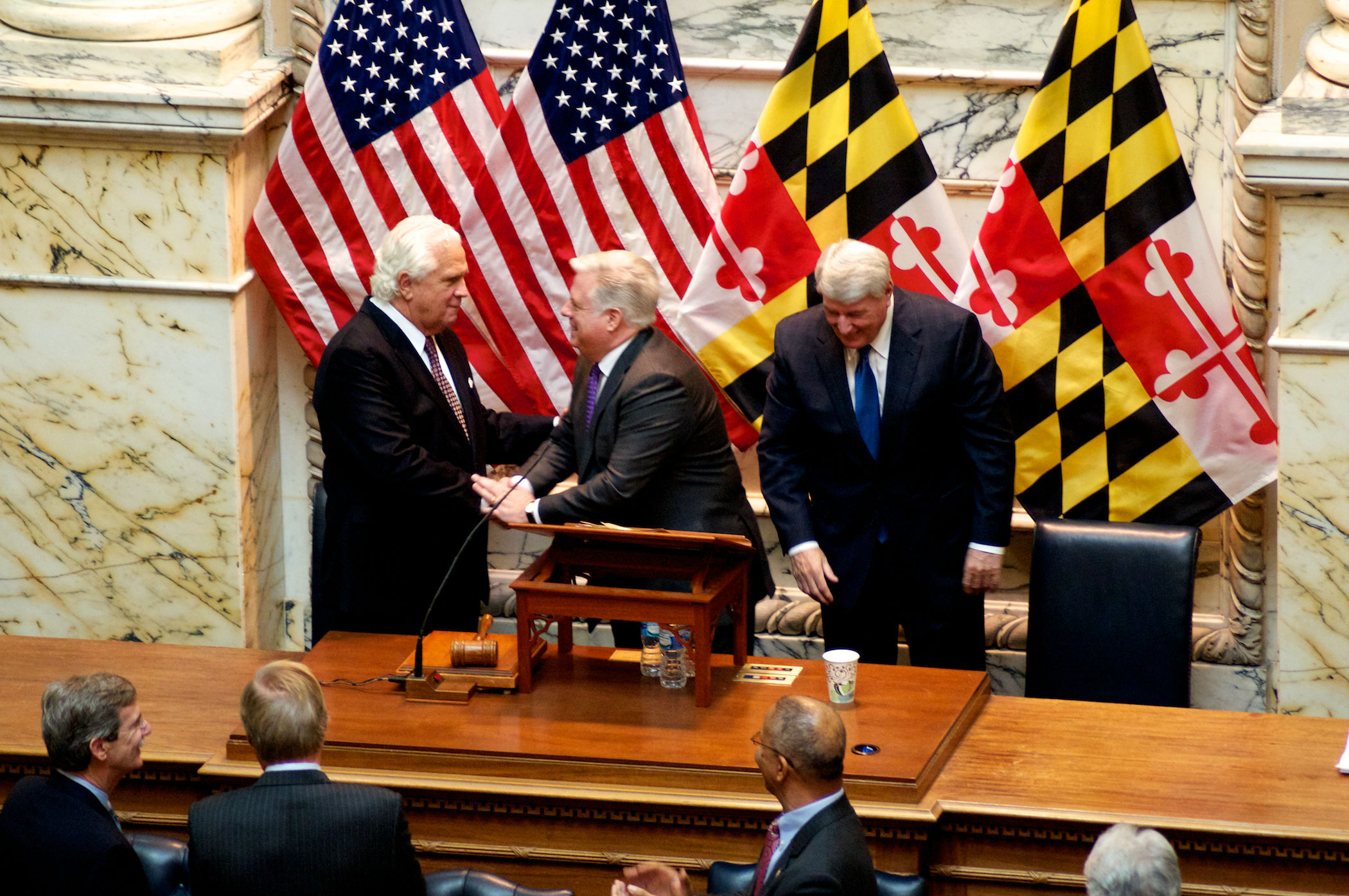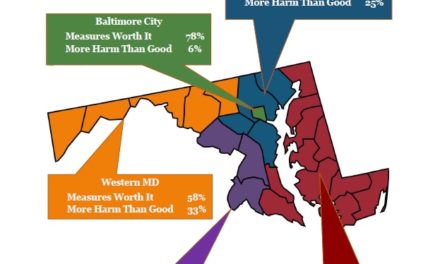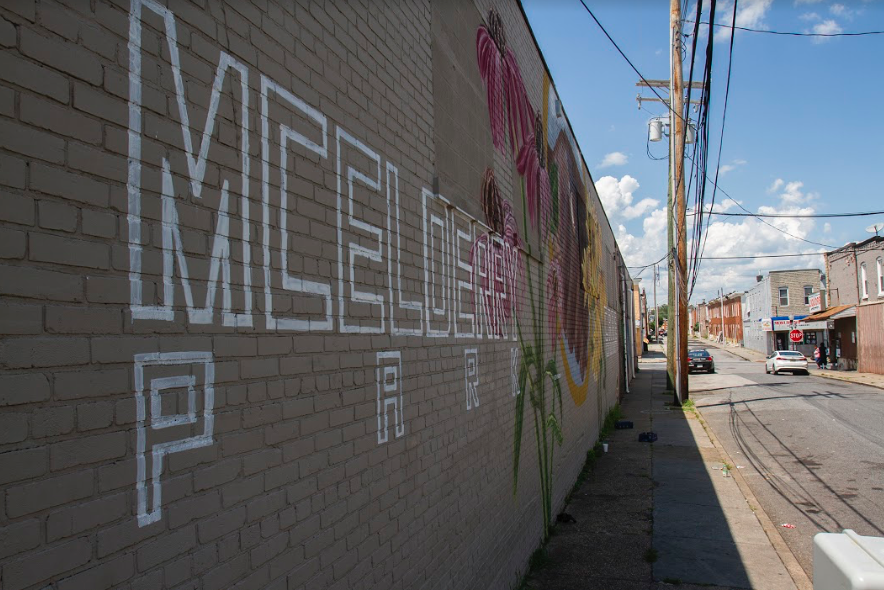By Megan Poinski
Megan@MarylandReporter.com
The state could save millions of dollars by comparing the list of people receiving Medicaid with the Social Security Administration’s Master Death File, according to a report from the Office of Legislative Audits.
The Department of Health and Mental Hygiene used to just compare the list of people receiving Medicaid payments with the Maryland Vital Statistics Administration death database. This database contains people who have died in Maryland, and the department stops Medicaid payments to people on the list.
The report released Wednesday said that the state still made Medicaid payments for people who have died in other states. The Social Security Master Death File (DMF) keeps track of all deaths nationwide. Legislative Auditor Bruce Myers said that the report was done to see if using the national database would be worthwhile.
“Performing computerized matches of the Medicaid eligibility file to the DMF appears to be a practical and cost-effective tool to help detect and prevent certain improper Medicaid payments,” the report states.
The health department thought so, too. Charles Milligan, deputy secretary for health care financing, said that the department has requested monthly access to the list from the Social Security Administration. Once the department receives it, all Medicaid recipients will be run through both the state and national death lists on a monthly basis.
After an initial check, auditors found that the Maryland Department of Health and Mental Hygiene paid a total of $2.5 million for Medicaid to 323 people who came up as dead. They took a closer look at 20 of them, and found that $426,000 had definitely been paid to 10 people who had died.
The voluminous Social Security Master Death File sometimes has errors, so auditors got copies of death certificates to back up their test. Through the file, they found that overpayments had gone to four people in Maryland, two in Washington, D.C., one in Virginia, one in North Carolina, one in Florida, and one in Mississippi.
Auditors said that the department should use the file to do a bit more investigating. They compared both lists to find matching Social Security numbers, birthdates, and the first three letters of the last name.
According to the report, they found 1,050 matching Social Security numbers only – meaning that the person’s name and date of birth don’t match between the two lists. Because either list may have incorrect information, auditors said that the department should take a closer look at all of the partial matches.
Milligan said that the department has been investigating all of the situations brought up in the audit report, and has also recovered all $426,000 erroneously paid to dead people. The file will also likely be used to eliminate dead people from the rolls for public assistance programs, such as food stamps, Milligan said.
While it may look like just the audit report inspired the use of the national file, Milligan said that in the last month, the Social Security Administration has fixed many longstanding problems.
“This has less to do with the audit timing, and more to do with the federal Social Security Administration having cleaned up the list and increasing accuracy,” he said.
The report will be discussed at next week’s Joint Audit Committee hearing.







Medicaid funds paid DIRECTLY to recipients, or to Health Care Providers collecting dishonestly? The latter, most likely.